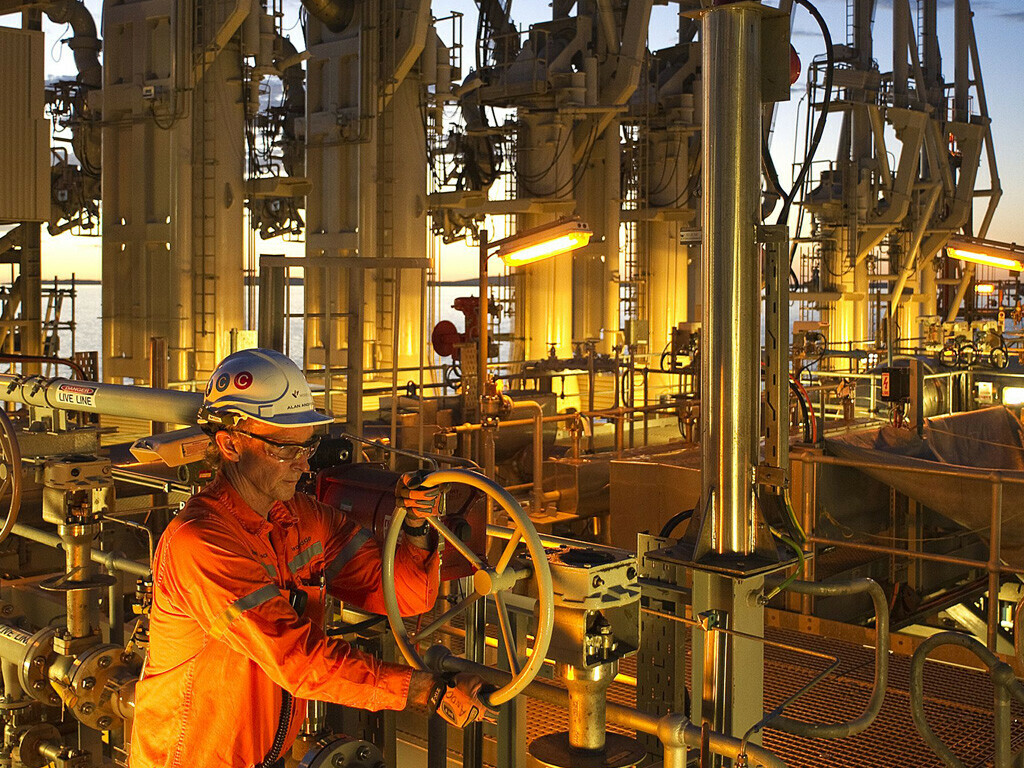Iraq on Tuesday signed deals with two Chinese companies and a United Arab Emirates (UAE) firm to develop six oil and gas fields as part of its efforts to increase the production of much-needed natural gas for power plants.
During the signing ceremony at the Iraqi Ministry of Oil in Baghdad, Iraqi Prime Minister Mohammed Shia’ al-Sudani congratulated all parties on signing the contracts for the fifth energy auction held in 2018, the official Iraqia TV reported.
“Reform in the oil sector is the optimal investment for oil wealth, and Iraq’s entry into the global gas market is an option that we have planned and will implement,” said al-Sudani.
“One of the main causes for the electricity crisis (in Iraq) is the lack of fuel. We will reach self-sufficiency in gas within three years to cover all our needs,” he added.
In April 2018, Iraq held a competition in the bidding round for licenses to explore and drill for oil and gas in six blocks in eastern and southern Iraq. A UAE oil company and two Chinese oil firms won the bids and were awarded the licenses.
After obtaining the licenses, the ministry signed two initial contracts with China’s Geo-Jade Petroleum Corporation to develop the blocks of Naft Khana in the eastern province of Diyala and Huwieza in the southeastern province of Maysan.
It also signed an initial contract with another Chinese company, United Energy Group (UEG), to develop the al-Sindibad block in the southern province of Basra.
In addition, the ministry signed three initial contracts with the UAE Crescent Petroleum company to develop the three blocks in Kilabat-Gumar and Khashim al-Hmer-Injana in Iraq’s eastern province of Diyala, and Khudhr al-Maa in the southern province of Basra.
The 2018 auction was the fifth in the country since Iraq opened its oil and gas sector for foreign investment in 2009.
Iraq, a member of the Organization of the Petroleum Exporting Countries (OPEC), boasts more than 145 billion barrels of proven oil reserves and 132 trillion cubic feet of proven natural gas reserves.
Iraq’s economy heavily relies on crude oil export, which accounts for more than 90 percent of the country’s revenues.


